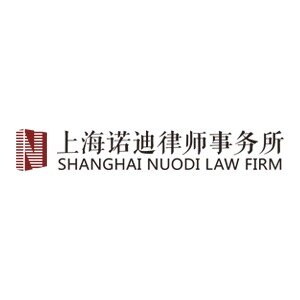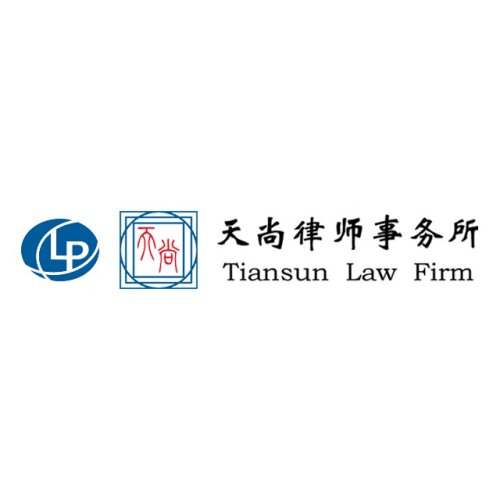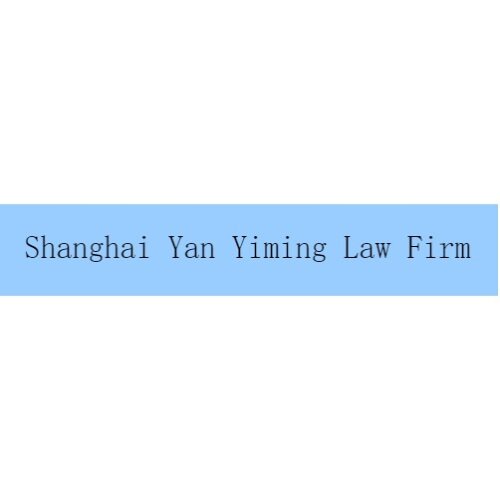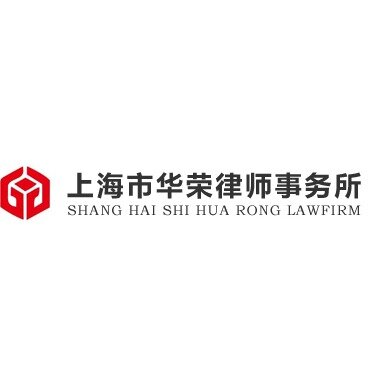Best Tax Increment Financing Lawyers in Shanghai
Share your needs with us, get contacted by law firms.
Free. Takes 2 min.
List of the best lawyers in Shanghai, China
About Tax Increment Financing Law in Shanghai, China
Tax Increment Financing (TIF) is a public financing method that municipalities use as a subsidy for redevelopment, infrastructure, and other community-improvement projects. In Shanghai, TIF is leveraged to facilitate urban development and modernization, aligning with the city's broader economic strategies. This financing tool allows Shanghai to capture future tax benefits created by new developments and reinvest these funds into necessary projects to stimulate economic growth and urban improvement. Shanghai's TIF model supports the city’s continuous transformation into a viable international metropolis.
Why You May Need a Lawyer
Engaging a lawyer specializing in Tax Increment Financing can be crucial for several reasons. Understanding the complexities of TIF regulations is one of the primary challenges. A lawyer can assist with:
- Interpreting local TIF laws and ensuring compliance.
- Navigating contractual agreements related to TIF projects.
- Addressing conflicts or disputes that might arise during development.
- Advising on the structuring of TIF projects for maximum economic benefit.
- Negotiating with local government bodies and stakeholders.
Local Laws Overview
Shanghai's approach to TIF is influenced by both local regulations and broader national legal frameworks. Some key aspects include:
- The need for a clear demonstration of how TIF projects will benefit public and economic interests.
- Strict reporting and accountability measures to prevent the misuse of funds.
- The designation of specific areas for TIF use, often focusing on underdeveloped or blighted urban areas.
- Procedures for community engagement and stakeholder involvement in TIF projects.
- Guidelines for the reinvestment of tax increments in infrastructure, housing, or environmental developments.
Frequently Asked Questions
What is the primary purpose of Tax Increment Financing in Shanghai?
The primary purpose is to promote urban development and infrastructure improvement by reinvesting future tax revenues from rising property values resulting from new developments.
Who initiates a TIF project in Shanghai?
TIF projects are typically initiated by local government bodies in conjunction with developers aimed at boosting economic development in targeted areas.
How does TIF benefit the community?
TIF projects aim to reduce urban blight, increase employment opportunities, and improve public infrastructure, thereby enhancing community living standards.
Are there specific regulations for TIF agreements?
Yes, TIF agreements must comply with both local and national laws, ensuring transparency, accountability, and measurable economic benefits.
Can private entities participate in TIF projects?
Yes, private developers often partner with city governments to undertake TIF projects, benefiting from infrastructure improvements that enhance the value and profitability of their developments.
What are the risks associated with TIF?
Risks include potential political disputes, misallocation of funds, and difficulties in accurately forecasting future tax revenues, which could impact project viability.
How long does a typical TIF project last?
Depending on city planning and specific project goals, TIF projects can last several years, typically aligning with governmental financial cycles.
Is community input required for TIF projects?
Yes, public hearings and community involvement are generally required to ensure that stakeholders' views are considered in the planning and execution phases.
How are TIF funds allocated?
Funds are allocated according to project specifications and regulations, often prioritizing critical infrastructure developments and community needs.
Where can I find more information about specific TIF projects in Shanghai?
Interested parties can visit municipal government websites or contact local offices directly to obtain detailed data and reports on specific TIF projects.
Additional Resources
Here are some additional resources and organizations that may be useful:
- Shanghai Municipal Government's Urban Planning Department
- Ministry of Finance of the People’s Republic of China
- Local chambers of commerce in Shanghai for networking and advocacy information
- Legal consultancy firms specializing in urban development and financial law
- Community forums and public workshops related to urban development
Next Steps
If you believe you need legal assistance with a TIF project in Shanghai, consider following these steps:
- Contact a law firm experienced in tax law and urban development in China.
- Prepare all relevant documents and information related to your TIF project.
- Arrange a consultation meeting to discuss your situation and get tailored advice.
- Determine your objectives and strategies with legal counsel before proceeding.
- Engage in ongoing consultation with your lawyer to ensure compliance and successful project implementation.
Lawzana helps you find the best lawyers and law firms in Shanghai through a curated and pre-screened list of qualified legal professionals. Our platform offers rankings and detailed profiles of attorneys and law firms, allowing you to compare based on practice areas, including Tax Increment Financing, experience, and client feedback.
Each profile includes a description of the firm's areas of practice, client reviews, team members and partners, year of establishment, spoken languages, office locations, contact information, social media presence, and any published articles or resources. Most firms on our platform speak English and are experienced in both local and international legal matters.
Get a quote from top-rated law firms in Shanghai, China — quickly, securely, and without unnecessary hassle.
Disclaimer:
The information provided on this page is for general informational purposes only and does not constitute legal advice. While we strive to ensure the accuracy and relevance of the content, legal information may change over time, and interpretations of the law can vary. You should always consult with a qualified legal professional for advice specific to your situation.
We disclaim all liability for actions taken or not taken based on the content of this page. If you believe any information is incorrect or outdated, please contact us, and we will review and update it where appropriate.

















